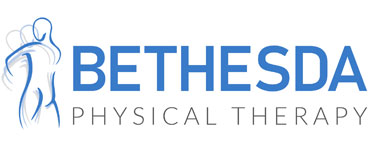To keep your bones healthy, stay active.
Bones are not dull and lifeless, hard and unchanging. Bones are an active and porous tissue that becomes more or less dense, and they are forever changing based on what kind of stressors we give them.
Stressors can include walking, running, lifting weights, performing daily activities or progressing to a more active lifestyle. Activity is necessary to stimulate bone growth and to keep bones strong.
Risk for Osteoporosis
When the creation of new bone doesn’t keep up with the removal of old bone, osteoporosis occurs. Bones then become weak and brittle such that they can fracture from even mild stresses such as bending over or coughing. (https://www.mayoclinic.org/diseases-conditions/osteoporosis/symptoms-causes/syc-20351968)
Osteoporosis occurs when the creation of new bone doesn’t keep up with the removal of old bone Osteoporosis causes bones to become weak and brittle and at increased risk of fracture — even from normally non-fracture prone events: making a bed, bumping into furniture, pushing off of hands, falling on an outstretched hand.
Diagnosis will come from a medical doctor, whose confirmation of osteoporosis will result from any combination of the patient’s medical history, physical examination, bone density testing, laboratory testing, FRAX® scores.
Among the factors that leave one at greater risk to develop osteoporosis:
– Age, male or female, over 50 years
– Long-term steroid use
– Being post-menopausal as a female
– Hyperparathyroidism, hyperthyroidism, diabetes, rheumatoid arthritis, lupus
– Low body weight
– Diet low in calcium, vitamin D, fruits, vegetables
– Gastric surgeries or endocrine diseases
– Spinal cord injuries leaving one unable to move around
Physical Therapy Can Help
Physical therapists are musculoskeletal specialists. If you don’t have an injury but are at risk because of osteoporosis, physical therapists can prescribe a safe exercise regime that includes ways to strengthen your muscles, gain range of motion and endurance, and provide a platform to improve your bone density.
If you have sustained an injury or fracture, physical therapists can safely restore your function through exercise and/or manual intervention (massage, stretching). They also can educate you on ways to prevent further injury.
